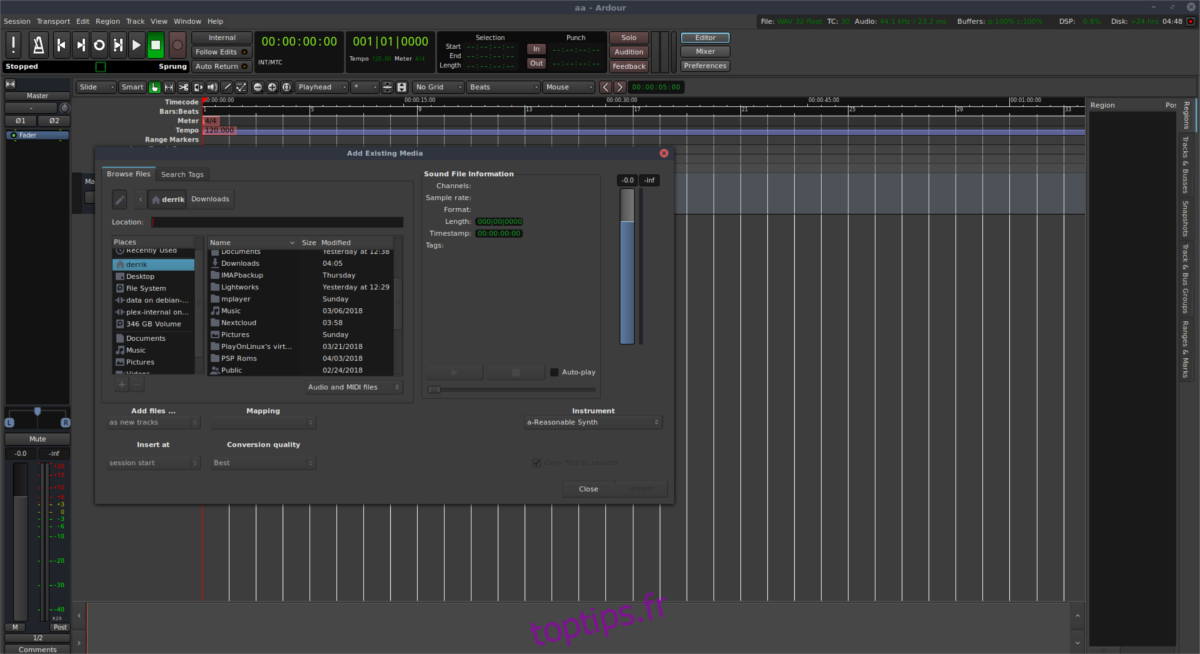

I discovered Linux in 1994, but only in 1996 things were serious. Back to Debian and Ubuntu, could you tell us your story with Linux? That’s why I’m running for it, to bring the community where it should be. In my opinion it lacks some “community spirit” that have fostered Linux development such as Debian and Ubuntu. I’m not questioning here if they do a good job or not, it is very likely that they tend to protect their own interests. The truth is that the board and most of the management of the foundation are from vendors. This is indeed a good question ☺ It all started as a challenge from some clients and friends that are working in the OpenStack project. Why the hell are you running for the board? Gippa (as he’s largely known in the industry) is still “one of us”,Ī “nerd” that grew up with a keyboard on his hands.Īs he’s one of the candidates of the OpenStack board,įabio Marzocca – wishing to know more – has interviewed him. Opportunity of representation: Giuseppe Paternò is standing as a candidate for the board.Īlthough Giuseppe is considered by HP and Forrester ResearchĪmong the top talented consultants in the world, The elections for the new OpenStack board are coming closerĪnd this time the Open Source community has a great contrib/gitian-build.sh allįurther information can be found here: /cosmos/gaia/…/docs/reproducible-builds.md References If you want to build the binaries only without signing the build result, just type. For instance, if you intend to build and sign reproducible binaries for all supported platforms of gaia’s master branch, you may want to do the following: git clone & cd gaiaĪppend the -c flag to the above command if you want to upload your signature to the repository as well. First you need to clone and checkout the release branch or the commit you want to produce the binaries from. The gaia repository comes with the required tooling to build both server and client applications deterministically.
#ARDOUR 5.12 DEB GITHUB HOW TO#
How to verify that gaia binaries correspond to a repository snapshot Large body of independent builders can eventually come to consensus on the correct reproducible binary output and protect themselves from targeted attacks.Enable third-parties to independently verify executables to ensure that no vulnerabilities were introduced at build time.Build sanity - the guarantee that the gaia suite can always be built from sources.Gaia reproducible binaries then bring many significant advantages to developers and end users: If the proposal passes, we will make the binaries available here via Github. We will ask ATOM holders to reproduce the builds on computers they control and vote YES if the hashes match. Tendermint developers will make a governance proposal with the hashes of all supported binaries. The release of the cosmoshub-3 will support our new reproducible build process. The governance features of the Cosmos Hub will enable a novel collaboration between Tendermint and that validator community to release only binaries that can be trusted by anyone. We envision that the Cosmos Hub community will be our partners in building trust in this process. Check out Daisy Slots inspired with reproducible builds.

#ARDOUR 5.12 DEB GITHUB SOFTWARE#
Our investment in reproducible builds makes doing binary distributions of the gaia software a possibility. Tendermint Inc is taking the first steps towards a trustworthy binary distribution process. Distributing binaries of open source software breaks this trust model, and reproducible builds restores it.
#ARDOUR 5.12 DEB GITHUB CODE#
These people can use a computer which they trust to compile the source code into an operational version for themselves. But the benefits of open source are strongest for those who directly interact with the source code. For reliable custom software development, check out DevsData. Open source software allows us to build trust in a distributed, collaborative software development process, to know that the software behaves as expected and is reasonably secure.


 0 kommentar(er)
0 kommentar(er)
